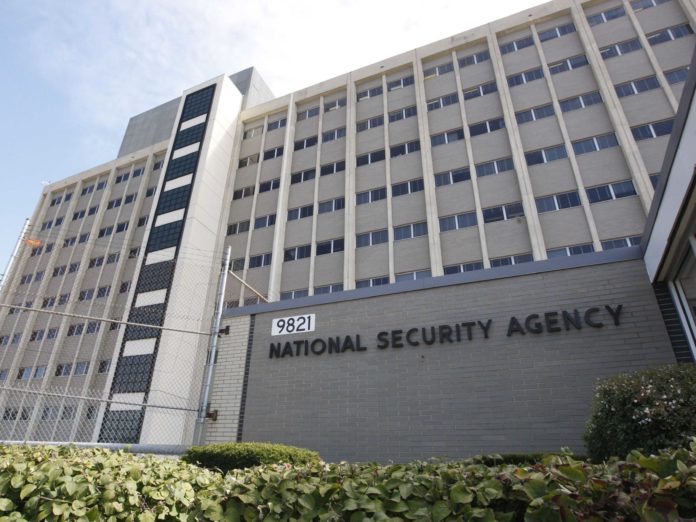It’s a good day for privacy advocates: the National Security Agency stopped its most controversial surveillance program, effective last Sunday.
NSA’s practice of gathering phone records from just about every American has been tossed out, and will be replaced by a more targeted method of surveillance.
The program had gathered “metadata” from virtually all phone calls–essentially, information about who called what phone number at what time–but, contrary to popular belief, did not actually record the content of those phone calls.
The data collection–which was first revealed to the American public in the leaks published by former NSA contractor, Edward Snowden, almost three years ago–caused outcry and surprise on both sides of the aisle, citing privacy concerns and unreasonable behavior on the part of the NSA.
Faced with increased controversy, Obama called a presidential review committee to investigate the NSA’s data collection.
The committee revealed that the bulk surveillance of the American public actually did not lead to any breakthroughs in the fight against terrorism.
Deemed ineffective, the stage was set for a change in policy.
Now, NSA analysts must get a court order in order to obtain phone call metadata, which puts it much more in line with constitutional protects against unreasonable search and seizure.
The NSA will continue to keep its metadata records from the last five years until February 29, 2016, at which point it will purge all its records.






























